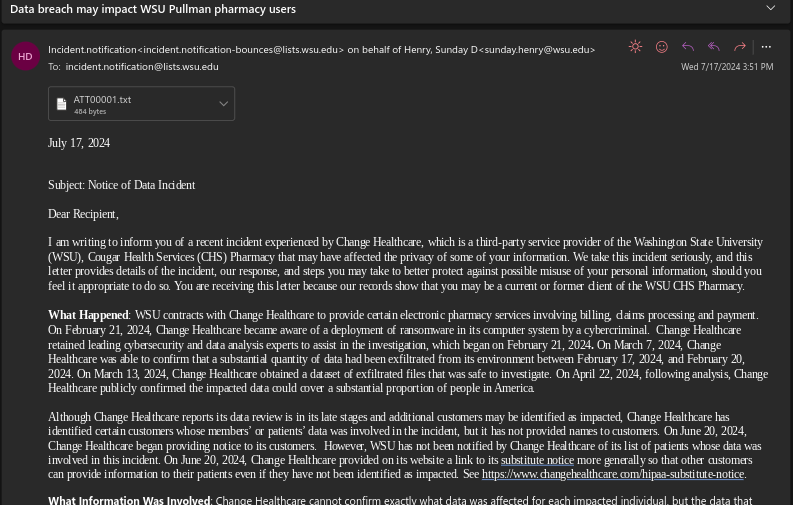WSU researchers have been awarded a grant of over $370,000 for a two-year study into the effects of furosemide, a diuretic commonly known as Lasix, on thoroughbred racehorses.
This study aims to shed light on the controversial drug’s impact, particularly concerning its administration before most races in the United States to mitigate Exercise-Induced Pulmonary Hemorrhage. Furosemide has been utilized in racing circles to reduce the prevalence and severity of EIPH, a condition characterized by bleeding in the lungs during intense exercise. Proponents argue for its efficacy in enhancing the welfare of racehorses during competition. However, detractors raise concerns about potential health repercussions and the sport’s public perception, leading to ongoing debates and regulatory considerations.
Equine medicine professor Warwick Bayly said he expects the study to demonstrate that horses regularly given furosemide before racing typically have more races and longer careers than those without such treatment.
“These findings are positioned to significantly influence future decisions regarding the use of furosemide in horse racing,” Bayly said.
The grant, awarded by the Horseracing Integrity and Safety Authority, signifies a significant investment in understanding the ramifications of furosemide on equine athletes, he said. HISA, established by Congress in 2020 as a self-regulatory body for thoroughbred racing in the U.S., has been actively evaluating the drug’s impact and considering regulatory measures.
Bayly said the study involves the analysis of data from approximately 30,000 racehorses. Researchers plan to examine the career trajectories of horses competing between 2011 and 2019, comparing those regularly treated with furosemide against those that were not. The study will explore the effects of banning furosemide on 2-year-old racehorses, comparing pre-ban and post-ban performances to assess any discernible trends.
“A variety of factors contribute to a horse’s retirement from racing, and numerous elements influence its racing frequency,” said Macarena Sanz, equine medicine associate professor. “The research team, comprising adept statisticians, is working to unravel intricate data to understand the correlation between administering furosemide, the severity of EIPH, and the duration of a racehorse’s career.”
Additionally, the study will use new techniques, like analyzing videos of racehorses checked at tracks, to see how severe EIPH is and how it affects races for about a year and a half, Sanz said. This research aims to give important information that will help make rules about using furosemide before races in horse racing.


















